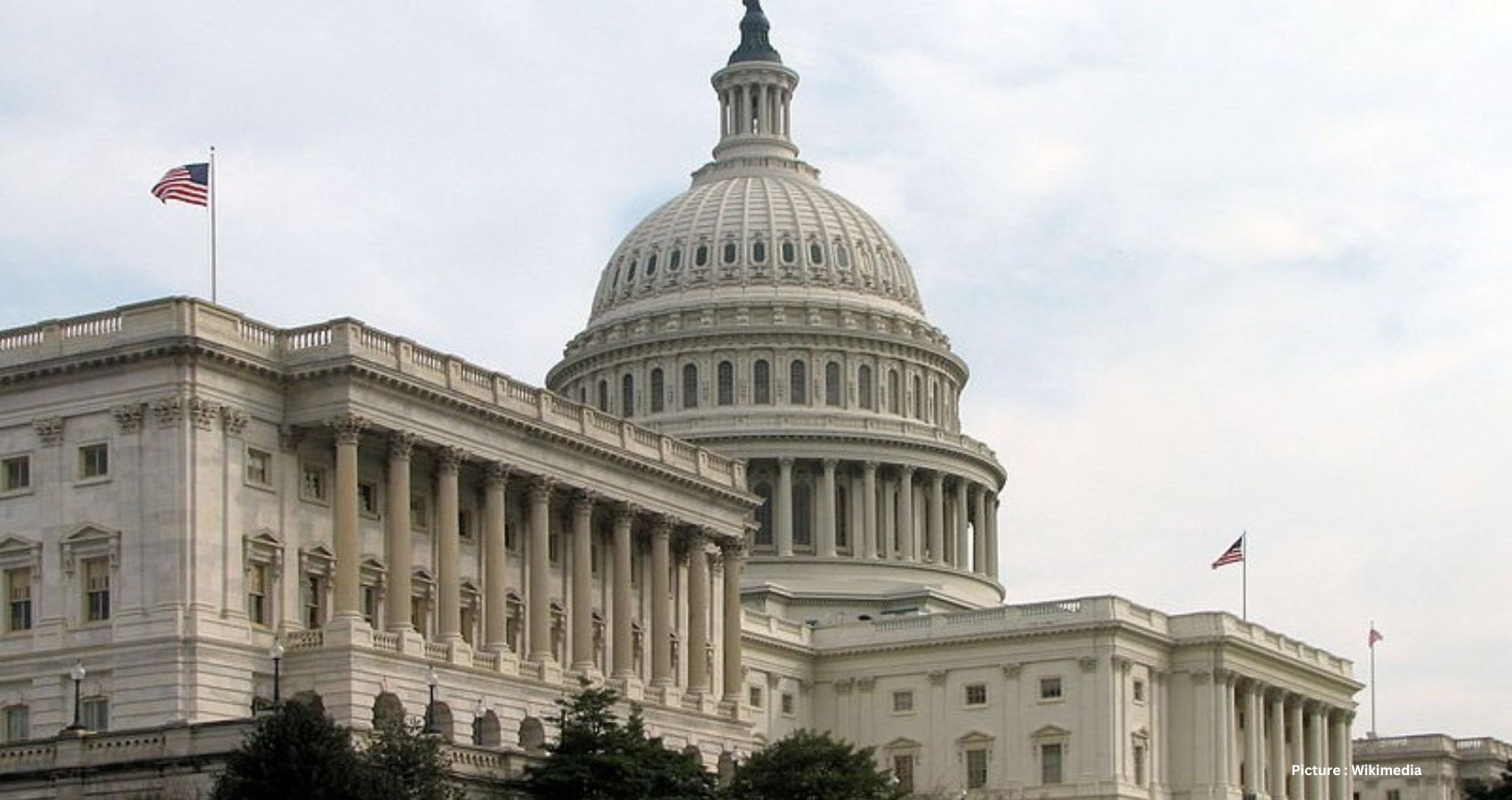The Senate of the United States unveiled a national security supplemental package amounting to US$118.28 billion on Sunday, encompassing various provisions aimed at border reform, crucial financial allocations for Ukraine and Israel, and provisions for humanitarian assistance. Sens. James Lankford (R-Okla.), Chris Murphy (D-Conn.), and Kyrsten Sinema (I-Ariz) collaborated on this agreement, which is now awaiting Congress’s approval. If passed, it would mark a significant milestone in border security and migration legislation.
The proposed bill holds significant implications for Indians, primarily through the allocation of an additional 250,000 immigrant visas over the next five fiscal years. These visas would be distributed among family-based (32,000 per fiscal year) and employment-based (18,000 per fiscal year) categories, benefiting a substantial number of Indians, who are major beneficiaries of the H1-B visa program. Moreover, the bill intends to amend the Immigration and Nationality Act to grant automatic work authorizations to H1-B dependents and provide protection against deportation for dreamers—children of long-term visa holders at risk of aging out.
The bill outlines specific eligibility criteria for dependent children of H-1B visa holders, determining their age based on their age at the time of the initial petition. Individuals must have maintained dependent status for at least eight years before turning 21 and must have sought to obtain lawful permanent residence within two years of an immigrant visa becoming available to them.
Furthermore, the legislation proposes the establishment of a new non-immigrant visa category tailored to benefit numerous Indians residing in the United States with their families. This temporary family visa would permit individuals to visit their relatives in the country for family-related purposes for a limited duration.
In addition to the provisions benefiting Indians, the bill allocates:
– $60.6 billion to continue supporting Ukraine.
– $14.1 billion in security assistance for Israel.
– $4.83 billion to counter China and support regional partners in the Indo-Pacific.
– $10 billion for the State Department and USAID to furnish humanitarian aid in Gaza, the West Bank, Ukraine, and other conflict zones worldwide.
– $400 million for the Nonprofit Security Grant Program, aimed at enhancing the safety of nonprofits and places of worship.
– Enhanced asylum screening standards and various asylum-related reforms.
– Expedited citizenship for immigrants serving in the military.
– The FEND Off Fentanyl Act, empowering agencies to disrupt illicit opioid supply chains effectively and penalize individuals involved in fentanyl trafficking.



